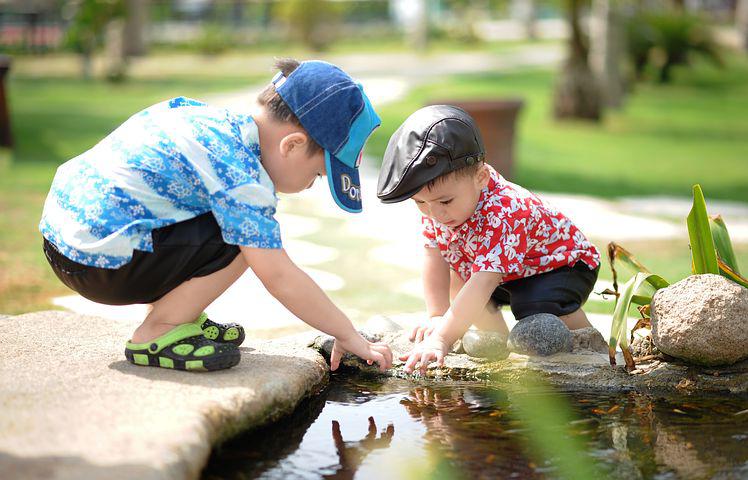Here are some tips for keeping your child’s brain in the game during summer vacation. These include off-screen activities for the whole family, bringing your child to a new country, and geocaching. If you want your kids to have an excellent learning vacation, you should use these tips to help them stay active, learn, and have fun. Keep reading to learn more about these activities.
Table of Contents
Keeping your child’s brain in the game during summer vacation
While summer vacation offers the perfect opportunity for kids to relax, it is also a great time to brush up on material learned during the school year. To prevent your child from losing important information and skills, try to find out what materials are currently being taught at school and review them during the summer months. You can discuss this with your child’s teacher and engage your child in educational activities while they’re away from the classroom.
Reading aloud daily is another excellent way to stave off the summer brain drain. Even ten minutes a day can help a child’s learning. According to the National Literacy Trust, little as 10 minutes of reading each day can impact a child’s learning ability. A simple activity such as book club can keep your child’s brain active. If you want to keep reading fun, consider a book report project or joining a book club.
You can also try ‘I Spy’ games, a great way to keep your child’s attention span up and develop their brain’s visual and spatial skills. There are also many games for kids to play on their own that can help keep their brains sharp, and the best way to do them is to engage your child with them and let them lead the way. You can even create a nature-themed scavenger hunt for your backyard!
Off-screen activities for the whole family
When planning family activities, make sure to include downtime. Boredom is an excellent stimulus for learning. Instead of watching TV or playing video games, try doing something else together. It’s proven that boredom can stimulate the brain’s creative processes, so don’t be afraid to schedule some free time! Alternatively, try talking with your kids about a fun activity that doesn’t involve screens.
If your kids are interested in space travel, they may ask you how astronauts spend their days on the space station. Try watching NASA videos from the International Space Station. You might even see astronauts in spacesuits! You can find a compilation through Netflix or another medium. It’s a great way to learn together while having fun. And don’t forget to pack a board game or two for everyone. You may check the little learning to find more.
Bringing your child to a new country
Travelling with kids can foster their curiosity about the world and increase their learning ability. Your child may grow to be a class leader and be open to different ideas. It will also help develop their flexibility and improve their academic performance. And when they are older, they’ll have learned to appreciate the difference between cultures. Travel can help children learn to value diversity and the differences that make us all unique when they’re young.
Workbooks
You don’t have to spend all your vacation time cramming academic activities for your kids. You can choose engaging workbooks that reinforce the learning process with fun activities. Engaging workbooks may include a map quest, colouring game, or fitness activities that keep your children occupied while learning. These activities are fun for your kids and educational; they can even learn something new as they engage in the activities. One of the critical points of learning from a workbook is that it’s suitable for all age groups.
Flashcards
Make learning fun and interesting by including flash cards. Here are some fun activities to keep your kids learning. You can play “Roll that Dice” with flashcards, and the teacher hides a card behind their back. Students try to guess what the flashcard is by asking questions. Younger students can point to the correct card, while older ones can roll a dice and guess the word. Students can try to guess the word until they get it right.
Use a variety of flashcards. Food pictures work well for this game. The teacher displays all the flashcards, asks the student what they want and says, ‘here you are.’ If the student guesses the correct word, they get to move the counter back onto the track. This game also works well with action verbs. Once a team has won, they can move on to the next.
